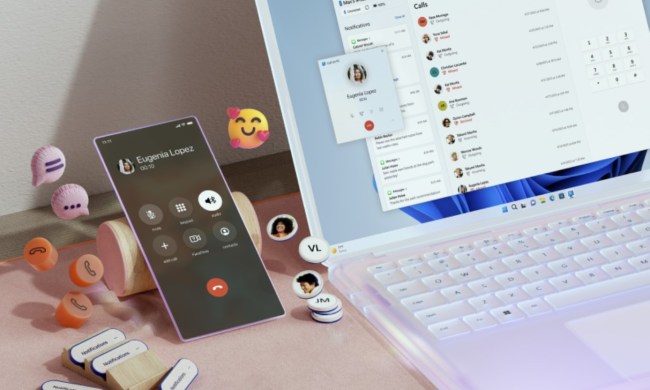For as long as there has been widespread usage of computers in the workplace, there’s been talk of the “paperless office” in which everything takes place on screens instead of on stacks of paper. But there’s a problem: Offices just can’t seem to give up paper for good, still viewing it as an essential medium for conveying information. (Or at least something to use for the “Not working” signs that periodically need to be pinned to the photocopier.)
So what’s the answer? According to Epson, one of the world’s largest manufacturers of computer printers and other associated technologies, it’s simple: Just build a machine that can rapidly recycle sheets of used paper into squeaky-clean new sheets of blank paper in the blink of an eye.
That’s what it has developed with PaperLab, which promises to save money and reduce waste and CO2 emissions by letting companies recycle (or, as Epson puts it, “upcycle”) paper on-site. It does this by shredding waste paper and then turning that material into all new sheets at a rate of 14 A4 pieces of paper per minute. Over the course of a workday, that translates to some 6,720 new sheets. And it does so with 98 percent less water than the traditional paper-recycling process.
“You have paper that you can use immediately,” Sergio Aguasca, Epson product manager, told Digital Trends. “You don’t have to wait until the paper is cold or warm; you can use it immediately to write or print on — in an Epson printer, in a competitor printer, in a laser printer, in an inkjet printer, no problem. We always prefer that the customer uses an Epson printer but, on this point of [environmental] responsibility, we are producing paper that is compatible for any other competitor or use.”
Epson provided samples of the paper to Digital Trends. It can be made in various sizes and colors and appears to be of a high-enough quality for the majority of workplace printing. Each piece of paper can reportedly be recycled six or seven times before it degrades entirely, although the addition of new, fresh paper in the mix can extend this considerably.
Epson’s been using PaperLab in its native Japan for the past couple of years, but now it’s rolling it out to Europe. Should all go according to plan, it’ll arrive in the United States before too much longer.
Aguasca said that there are different arrangements on offer for companies wanting to get their hands on a unit, from buying one outright to leasing it. The leasing strategy is Epson’s “primary sales approach.” As an estimated average, it costs around 5,000 euros per month ($5,900), which includes all service and supplies on a seven-year term.


